- Casino
- By State
- Alabama
- Alaska
- Arizona
- Arkansas
- California
- Colorado
- Connecticut
- Delaware
- Georgia
- Florida
- Hawaii
- Idaho
- Illinois
- Indiana
- Iowa
- Kansas
- Kentucky
- Louisiana
- Maine
- Massachusetts
- Maryland
- Michigan
- Minnesota
- Mississippi
- Missouri
- Montana
- Nebraska
- Nevada
- New Hampshire
- New Jersey
- New Mexico
- New York
- North Carolina
- North Dakota
- Ohio
- Oklahoma
- Oregon
- Pennsylvania
- Rhode Island
- South Carolina
- South Dakota
- Tennessee
- Texas
- Utah
- Vermont
- Virginia
- Washington
- West Virginia
- Wisconsin
- Wyoming
- By State
- Slots
- Poker
- Sports
- Esports
Fact-checked by Angel Hristov
Georgia Resident Files Class Action Lawsuit Against VGW
The lawsuit claims that VGW's marketing efforts intentionally mislead users, convincing them that the sites are purely recreational and legal, when in reality they are illegal online gambling operations

A Georgia resident has launched a class action lawsuit against Virtual Gaming Worlds (VGW) and its subsidiary companies, claiming they are operating illegal online gambling websites within the state. The lawsuit, initiated by Destiny Kennedy, targets VGW Holdings Limited and its subsidiaries, VGW Malta Limited, VGW Luckyland Inc., and VGW GP Limited, for allegedly violating Georgia’s gambling laws by running internet gambling platforms such as Chumba Casino, Global Poker, and LuckyLand Slots.
VGW Falsely Marketing Online Gaming Platforms as ‘Just for Fun’
Kennedy’s complaint, filed in the Georgia Northern District Court on May 17, 2024, asserts that VGW’s activities breach the Georgia Code stipulations. She argues that the company falsely markets its platforms as “just for fun gameplay,” misleading users into believing that the sites are legal and purely for entertainment, according to information published by Top Class Actions.
However, Kennedy claims that the real purpose of these sites is to facilitate illegal gambling, as users wager and lose real money through a dual-currency system involving Sweeps Coins and Gold Coins.
Kennedy’s legal action seeks to represent a broader class of Georgia residents who have lost money on VGW’s platforms. Kennedy reports a personal loss of approximately $1,150 from playing games on the implicated websites. The lawsuit demands monetary compensation for these losses and requests a jury trial to address the grievances of all affected consumers in Georgia.
VGW’s model, which includes both free-to-play currency and a purchasable Sweeps Coins system that can be redeemed for cash, is at the core of the allegations. Kennedy argues that while the sites allow for gameplay without real money, the primary goal is to encourage users to buy Sweeps Coins, thus disguising the gambling aspect under a veneer of legality.
Kennedy Opted Out of VGW’s Arbitration Agreement
The case also highlights Kennedy’s proactive stance in opting out of VGW’s arbitration agreement, which typically redirects disputes to private arbitration rather than court trials. This move distinguishes her case from similar lawsuits that have been compelled to arbitration due to the terms agreed upon by users.
VGW has a history of legal challenges in the United States, having previously settled a lawsuit in Kentucky for over $11 million concerning its LuckyLand brand. The outcome of the current lawsuit in Georgia could have significant implications for VGW’s operations in states where online gambling remains heavily regulated or prohibited.
Last year, VGW also had to withdraw from the Michigan market, discontinuing its social gaming brands Chumba Casino, Global Poker, and Luckyland Slots, after facing regulatory pressure.
As the Georgia case proceeds, VGW has yet to respond to the allegations.
Related Topics:
Silvia has dabbled in all sorts of writing – from content writing for social media to movie scripts. She has a Bachelor's in Screenwriting and experience in marketing and producing documentary films. With her background as a customer support agent within the gambling industry, she brings valuable insight to the Gambling News writers’ team.
Must Read
Casino
July 8, 2025
WinStar Casino Shooting Suspect Still Missing
More Articles





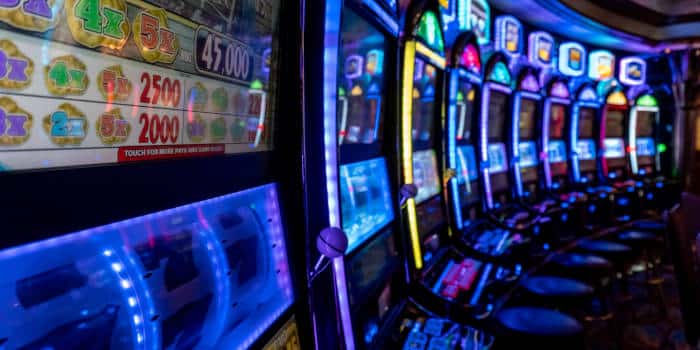
Casino
July 11, 2025
IGT Reveals Multiple Jackpots Throughout June
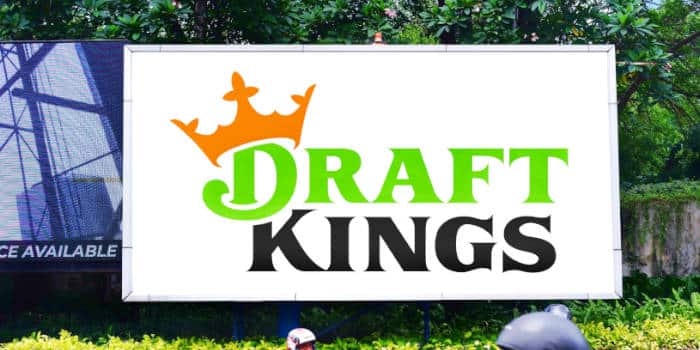
Sports
July 11, 2025
DraftKings to Give Back Over $3M to Connecticut Users
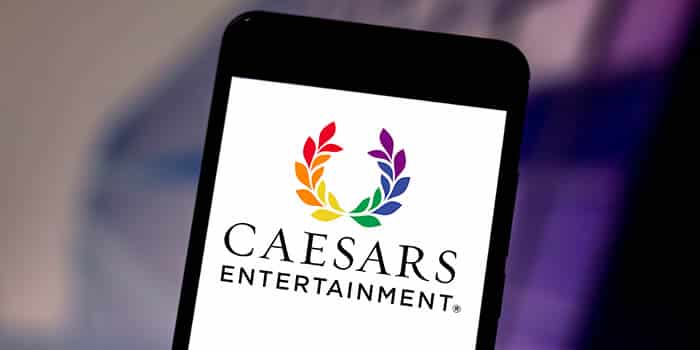
Casino
July 11, 2025
Caesars Introduces Digital Wallet in Nevada

Sports
July 10, 2025
NJ Bans Sportsbook Deals With Public Colleges

Business
July 10, 2025
DoubleDown Acquires Whow Games in €65 Million Deal







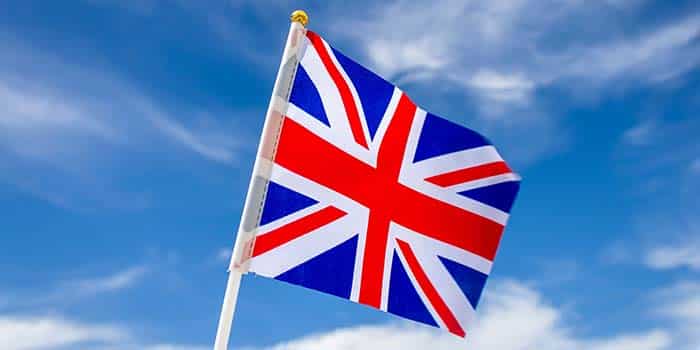

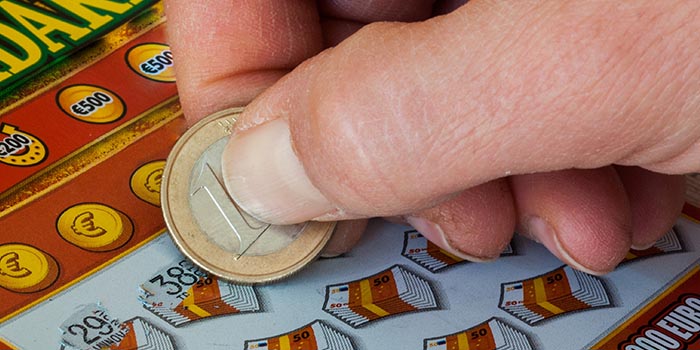


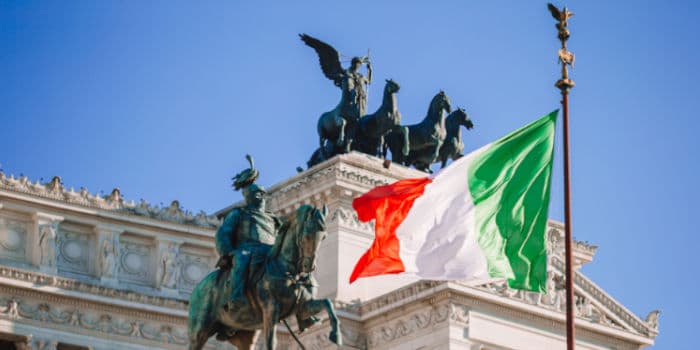
1 Comment
I was mislead too